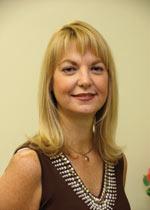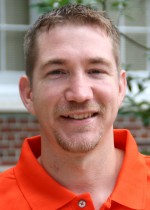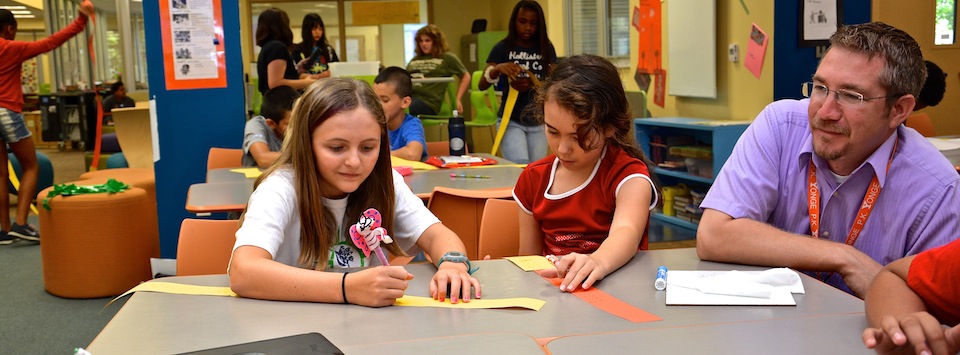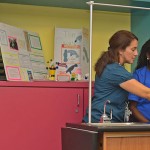School teams with COE faculty to redefine how kids learn ‘STEAM’ subjects
CORAL GABLES, Fla. – Education researchers say the elementary school curriculum is moving away from traditional blocks of math, science, social studies and language arts, and evolving into project- and problem-based teaching and learning. Children are now learning through direct hands-on experiences that focus on real-life problems and solutions and integrate concepts and skills across all subject areas.
This approach to teaching and learning at the elementary level is being pioneered at St. Thomas Episcopal Parish School, a small private school in Coral Gables in collaboration with the University of Florida College of Education. UF teacher education faculty researchers Tim Jacobbe, associate professor of mathematics and statistics education, and Linda Cronin Jones, associate professor of science and environmental education, are meeting with St. Thomas faculty and administrators to set goals, create an integrated curriculum map across the grade levels, and provide teachers with professional development, training and resources focused on the “STEAM” disciplines of science, technology, engineering, the arts and math.
One sample project-based learning activity being implemented at the school this year focuses on the school’s garden area, which will serve as a context for teaching and learning about the STEAM disciplines while also reinforcing the essential 21st century skills of critical thinking and problem solving, collaboration, creativity, innovation and communication.
In science, in a garden setting, students will learn about plant life cycles and the impact of environmental changes on plants. Technology will be used to document, research and present students’ findings and discoveries. Engineering design activities will focus on the layout of garden structures and the creation and building of trellises, a compost bin and a rainwater collection system.
Students will also create interpretive garden signage out of recycled materials and actively learn about the life cycle of plants though movement and dance. In math, students will measure and collect information documenting plant growth and then analyze their data and interpret results.
In the future, St. Thomas teachers and students will work together to identify other real-world, science-based problems of interest to them and design projects to directly address these issues while also learning about key concepts and skills across all STEAM disciplines.
As part of a recent two-day series of STEAM-related professional development workshops led by the UF professors, St. Thomas teachers from virtually every subject area began sharing ideas about how to apply STEAM education in their own classrooms.
“We are engaging in an excellent approach to education,” said Lizzie Schaul, a fifth-grade language arts teacher. “The integration of the subjects results in a more meaningful and, therefore, more memorable experience for the kids. I am so excited to bring this to my students.”
After the STEAM program is launched, St. Thomas plans to sponsor a STEAM Education Institute to train other interested elementary school educators across Florida.
CONTACTS
St. Thomas Source: Denie Harris, Director of Marketing & Communications; dharris@stepsmia.org; 305-799-2990
UF Source: Linda Cronin Jones, Ph.D., UF College of Education; lcjones@coe.ufl.edu; 352-273-4223
UF Source: Tim Jacobbe, Ph.D., UF College of Education; lcjones@coe.ufl.edu; 352-273-4223








